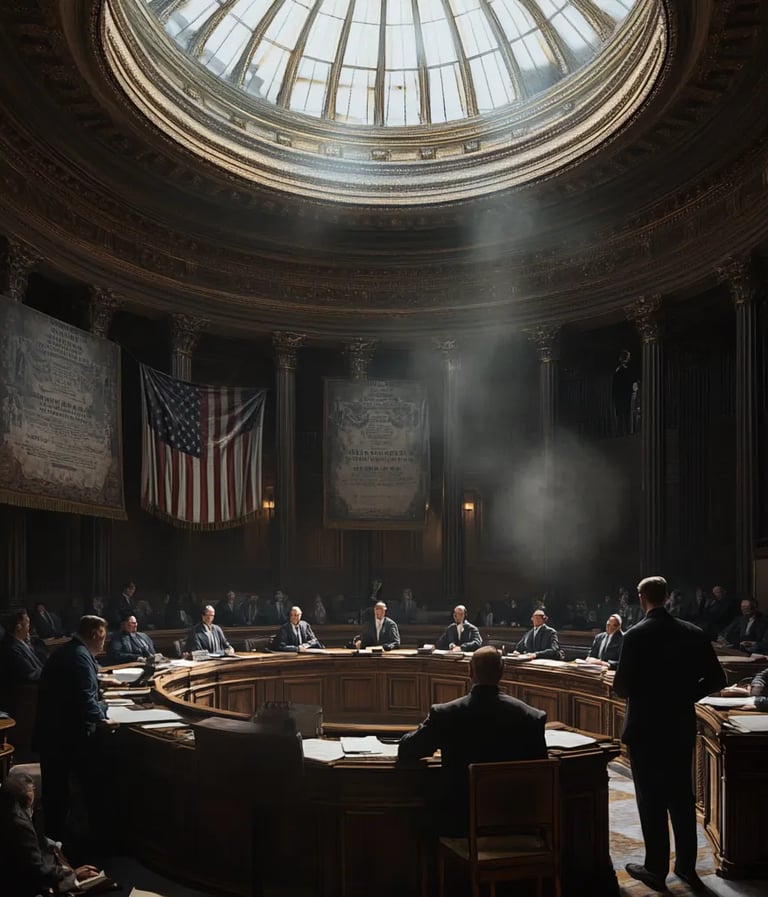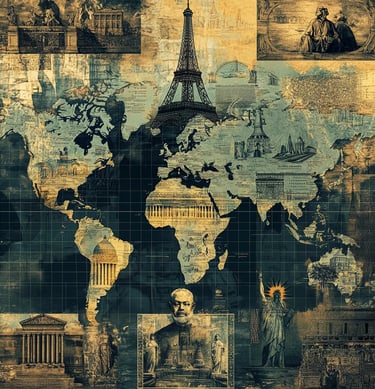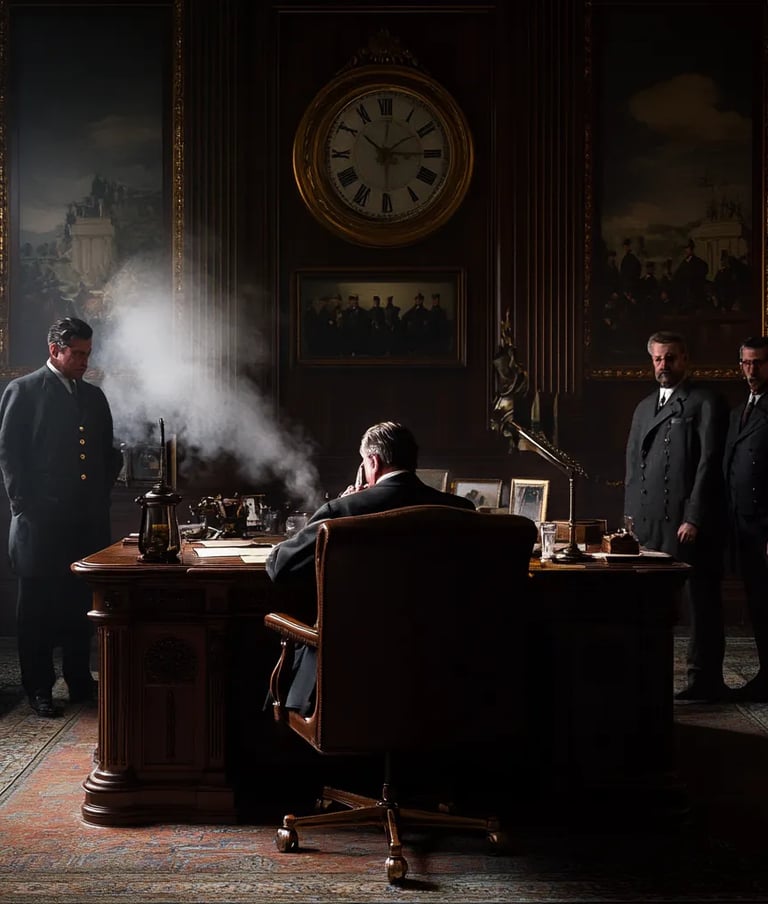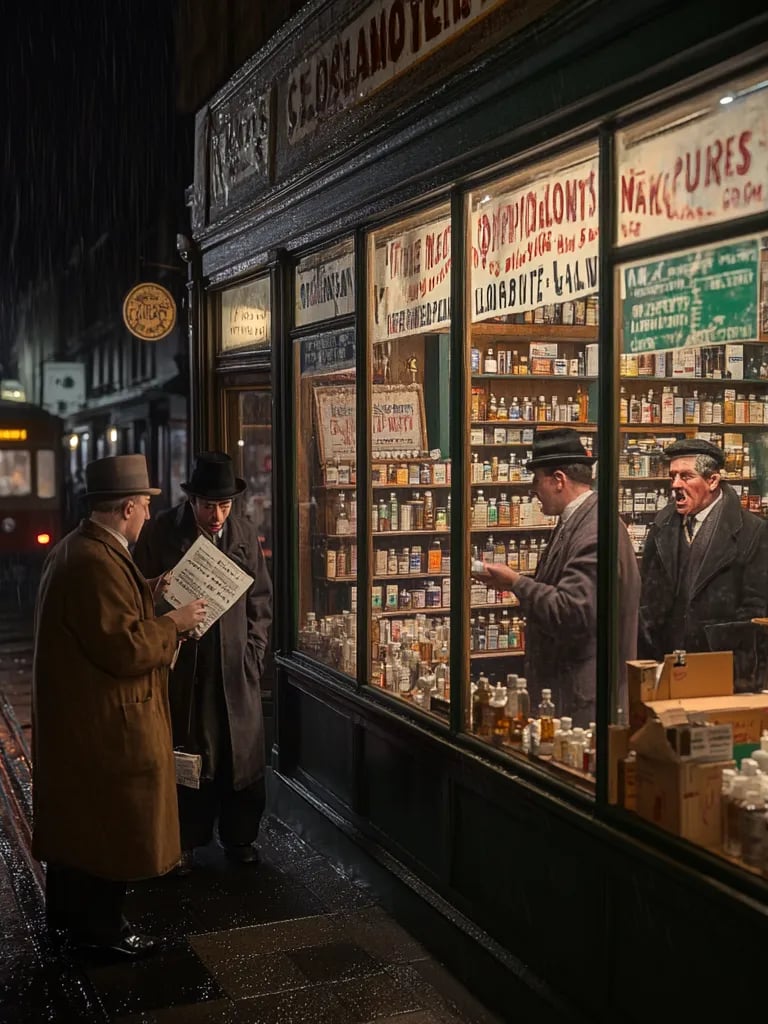Perkin Warbeck, who claimed to be Richard of Shrewsbury—the lost son of Edward IV—was hanged after allegedly trying to escape the Tower of London. His dramatic life saw him crowned in Ireland, recognized by European courts, and even invade England in 1497. But his ambitions ended in disgrace. His execution symbolized the final gasp of Yorkist rebellion against Tudor rule in a kingdom still healing from civil war.


1499 – Perkin Warbeck Hanged: The Pretender Who Would Be King
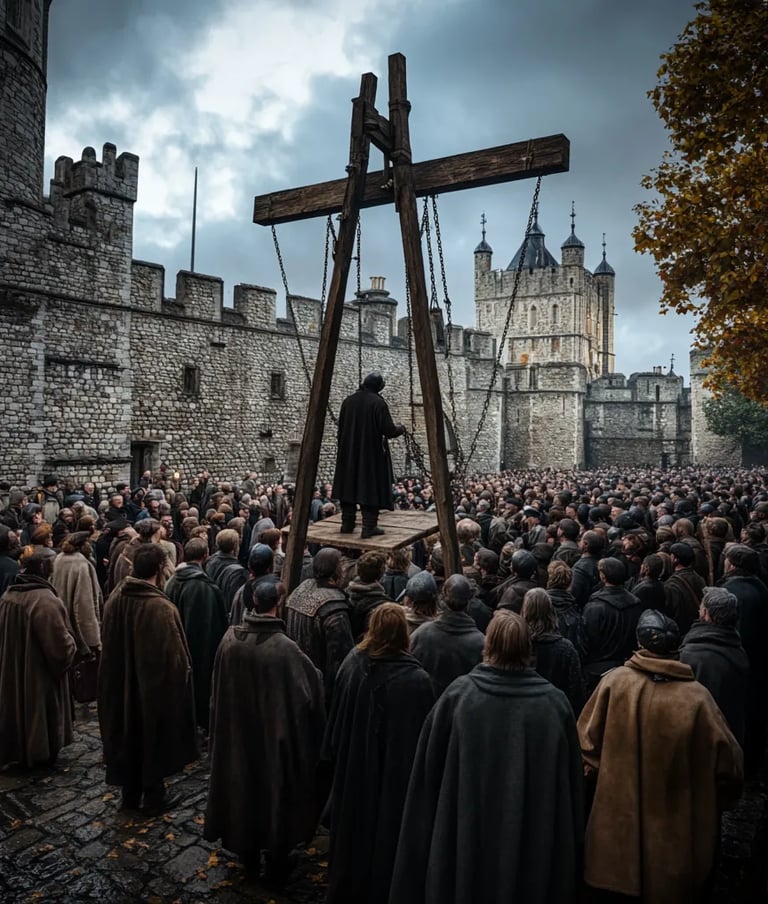

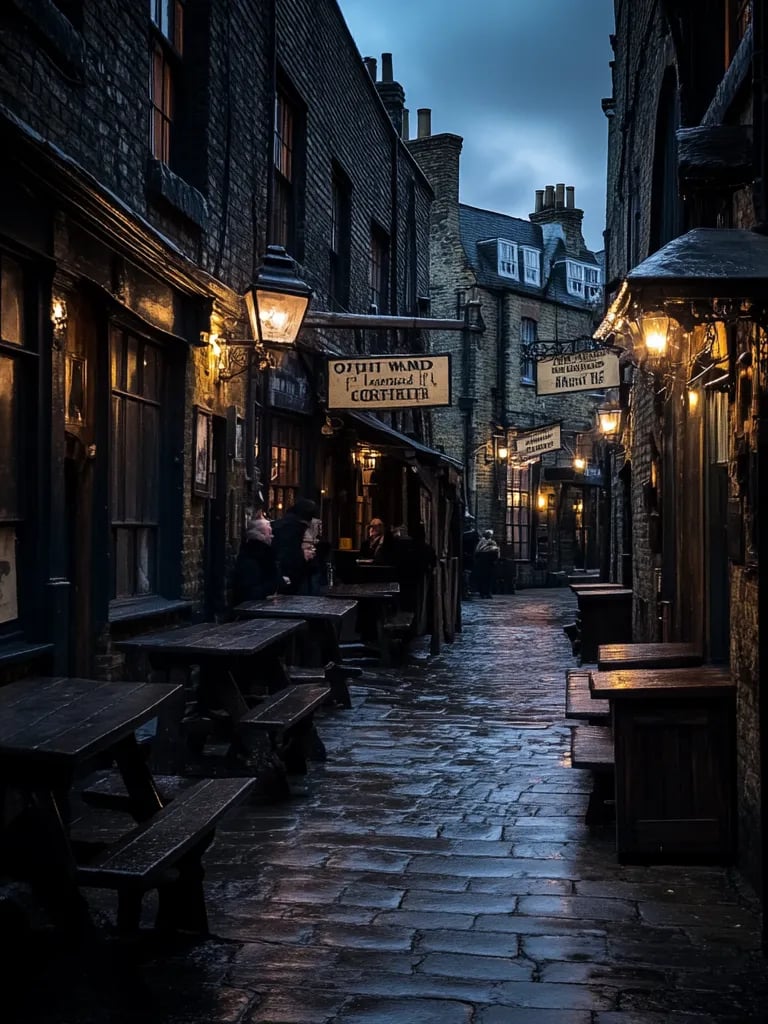

When King William III died without a male heir in 1890, the Dutch parliament passed a special law to allow his ten-year-old daughter, Princess Wilhelmina, to inherit the throne. The unprecedented move ushered in a new royal era. Wilhelmina would grow to be one of the Netherlands' longest-reigning monarchs, leading her country through world wars and defining Dutch resilience for much of the 20th century.


1890 – A Princess Rises: Wilhelmina Becomes Heir to the Dutch Throne




In 1909, the Wright brothers transitioned from pioneers to industrialists, forming the Wright Company with $1 million in capital to manufacture airplanes. No longer just inventors, they positioned themselves at the center of aviation’s commercial future. The corporation marked a major leap—from wind tunnels and wooden gliders to business plans and boardrooms—and laid the groundwork for a new global industry to take flight.
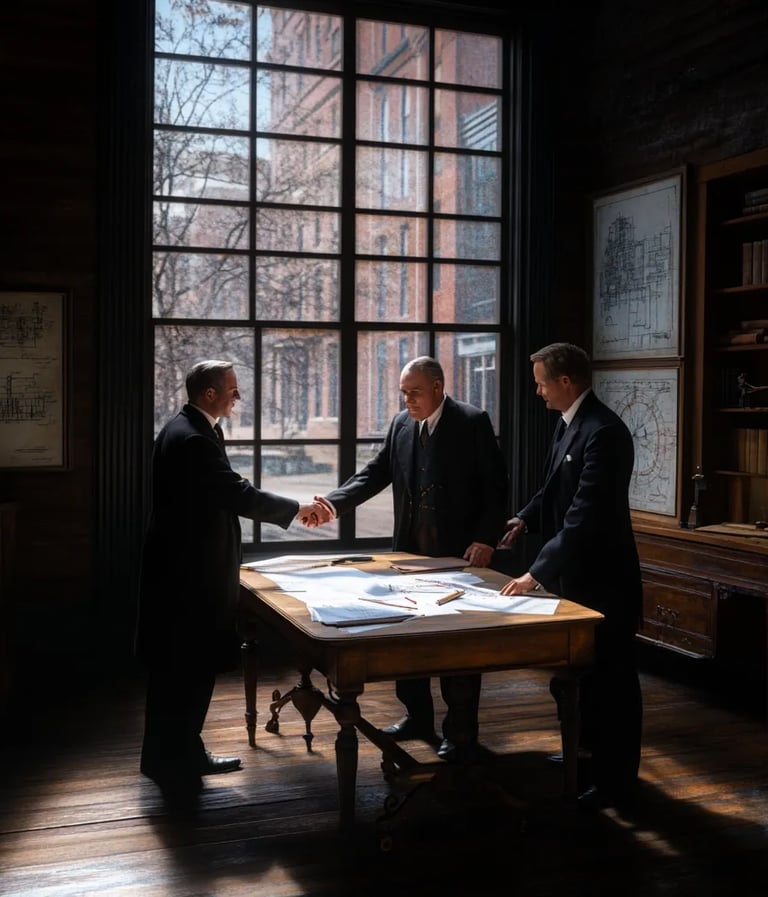

1909 – Wright Brothers Launch Million-Dollar Aviation Empire


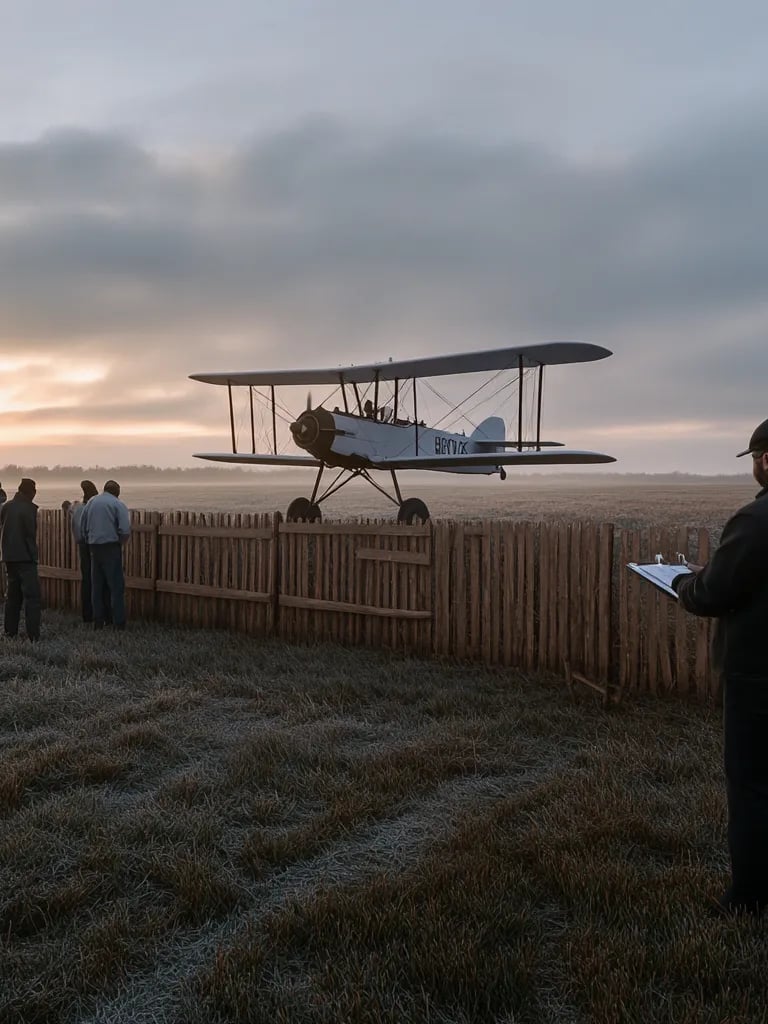

After months of tension and occupation in Veracruz, the U.S. Army finally withdrew from Mexico in 1914. Originally deployed during a diplomatic standoff with President Huerta, the intervention had stirred nationalist resentment and complicated U.S.-Mexico relations. The pullout ended a controversial chapter in early 20th-century American foreign policy and foreshadowed future instability on the southern border during the Mexican Revolution.
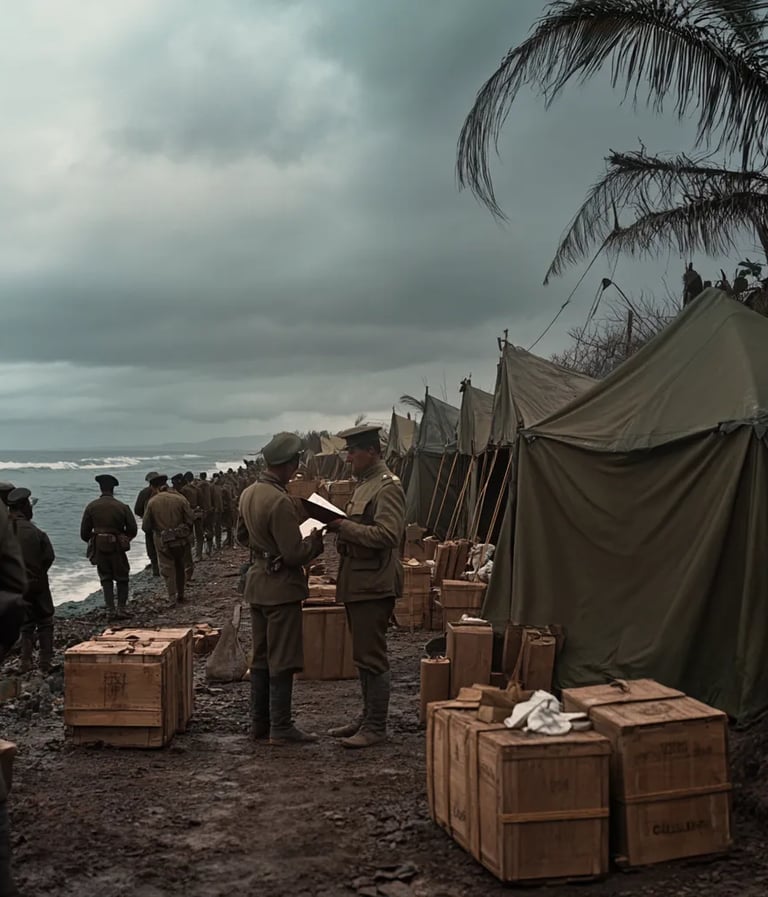

1914 – U.S. Army Withdraws From Mexico: A Turbulent Intervention Ends
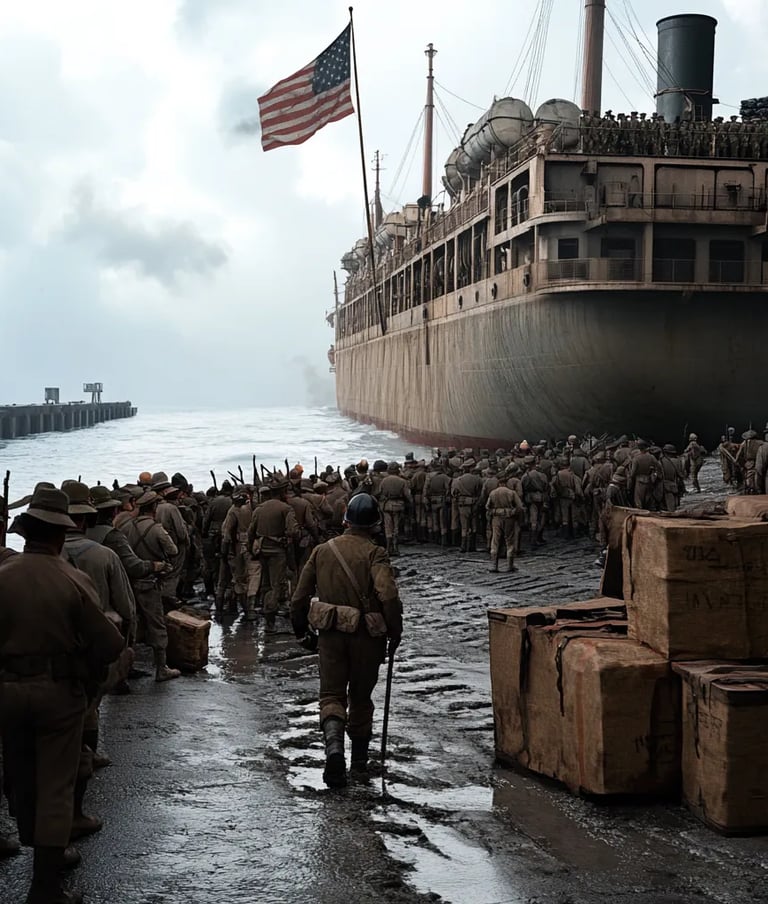

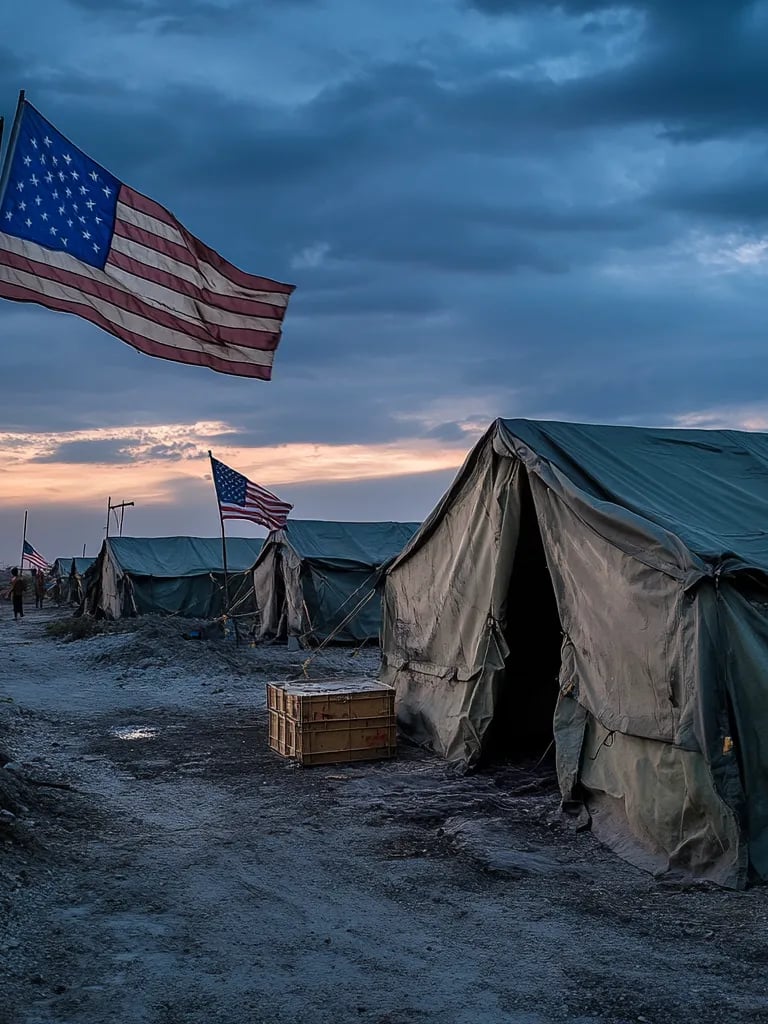

On November 23rd, 1921, President Warren G. Harding signed the Willis-Campbell Act, commonly known as the “Beer Emergency Bill.” The new law banned doctors from prescribing beer or liquor for medical purposes, closing a key loophole in Prohibition. Patients, pharmacists, and physicians alike were outraged. The law’s passage symbolized the government's increasing efforts to restrict alcohol access—despite a nation growing weary of temperance.
